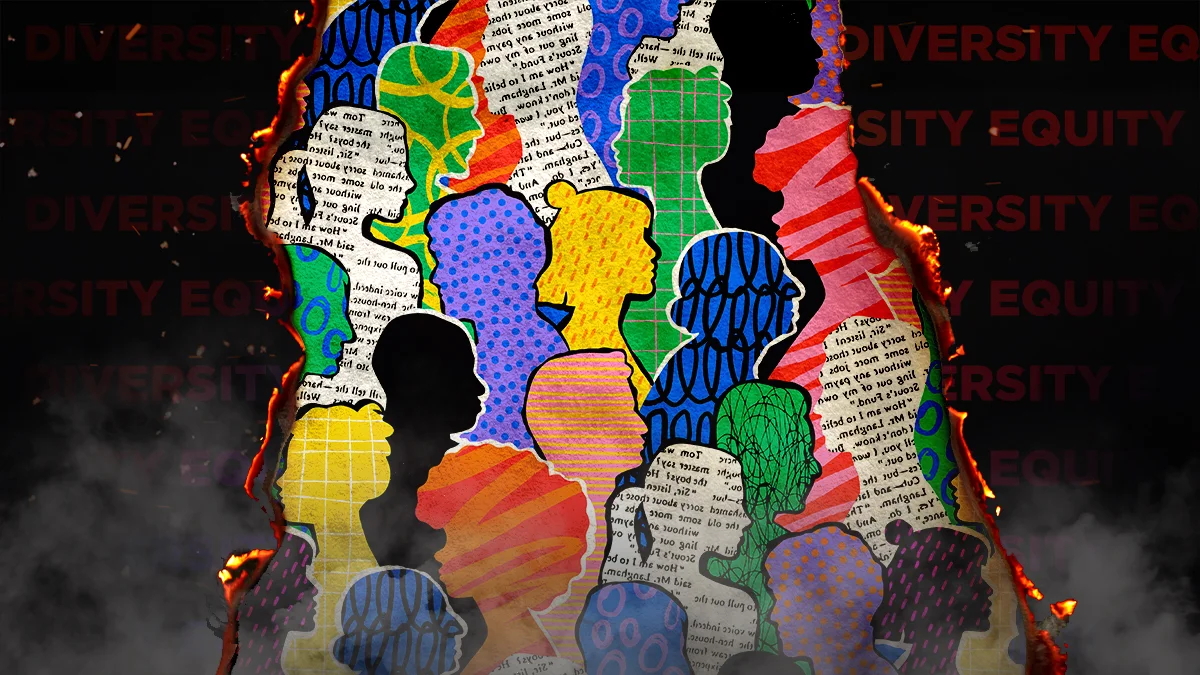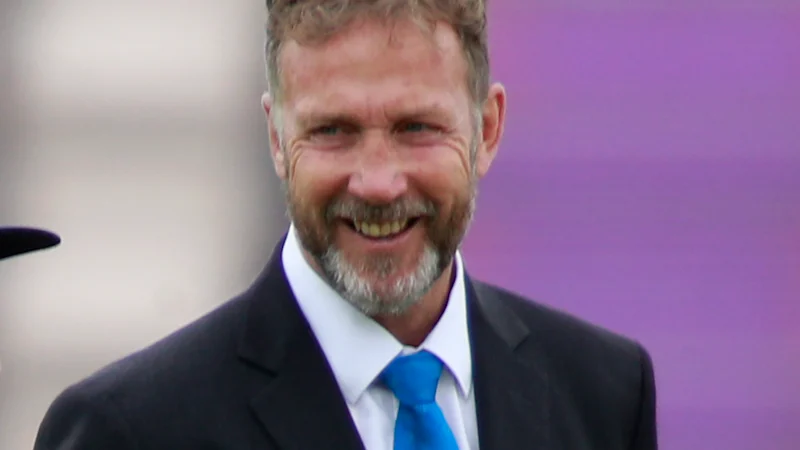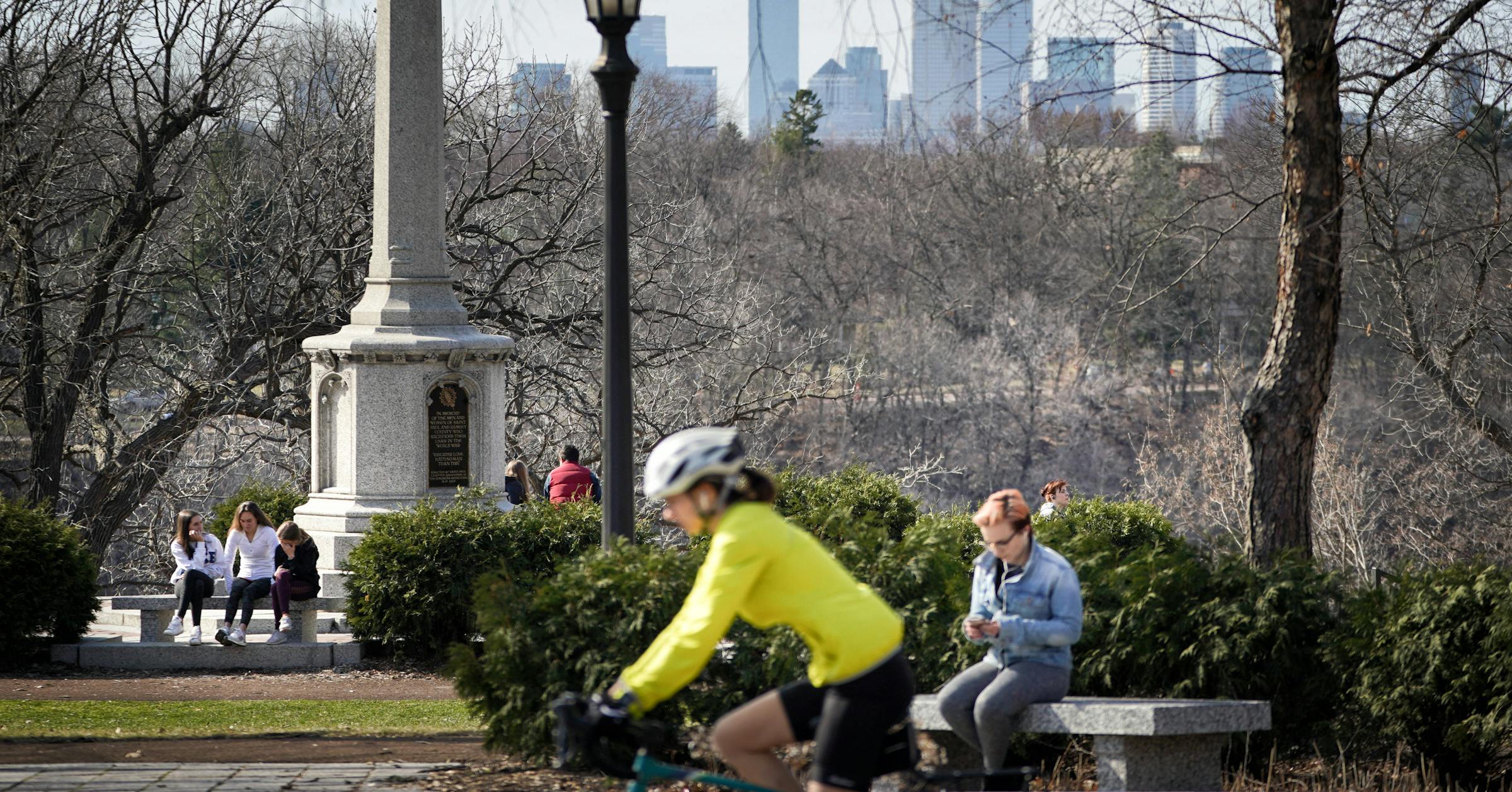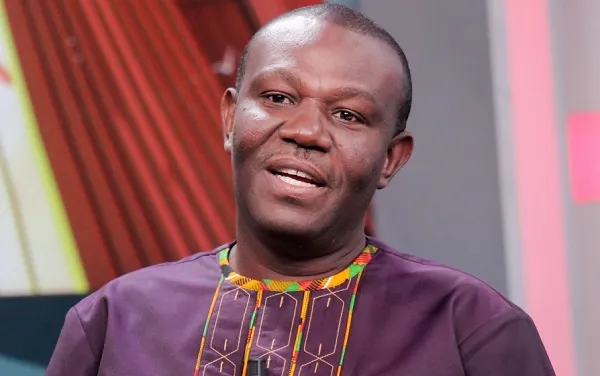Copyright ghanamma
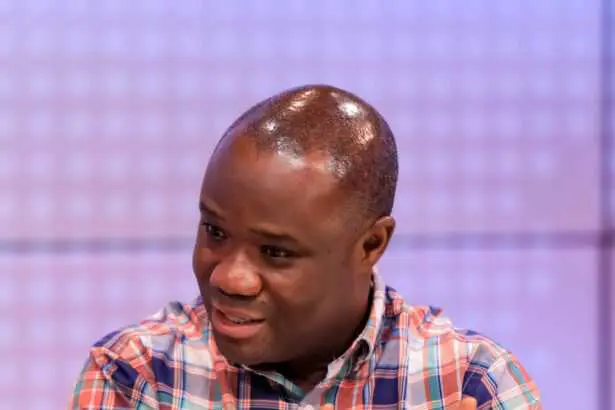
Communications Minister Felix Kwakye Ofosu has pushed back against accusations that the Mahama administration is weaponizing Ghana’s justice system to settle political scores, insisting that ongoing prosecutions against former government officials are grounded in evidence and legal procedure rather than partisan vendetta. Speaking on Metro TV on Friday, October 31, Kwakye Ofosu emphasized that the Attorney General’s Office continues to operate independently and strictly within legal boundaries, with no individual being unfairly targeted for their political affiliations. “The Attorney-General’s Office is acting strictly within the bounds of the law,” he stated, stressing that all cases currently before the courts are backed by credible evidence and proper legal procedure. The minister’s defense comes amid mounting criticism from opposition New Patriotic Party figures who’ve characterized the government’s anti-corruption drive as selective prosecution disguised as accountability. The NPP’s Legal Counsel John Darko recently accused Attorney General Dr. Dominic Ayine of undermining constitutional rights by publicly branding accused persons as criminals before court proceedings conclude, arguing that such statements compromise judicial integrity. Yet Kwakye Ofosu maintained that the administration remains committed to strengthening democratic institutions through both accountability and fairness. “Our democracy is anchored on justice and accountability,” he explained. “That means ensuring that people who have questions to answer before the law do so, but also guaranteeing that no one’s rights are trampled upon in the process.” The debate over prosecutorial impartiality has intensified throughout 2025 as President John Dramani Mahama’s Operation Recover All Loot initiative identified 33 corruption cases involving alleged financial misconduct during the previous NPP administration. Special investigative teams have been established to probe each case, with some reportedly uncovering significant evidence of illicit wealth acquisition. However, the government’s decision in February to discontinue several high-profile cases involving NDC officials sparked controversy over whether justice is being applied equally. Cases withdrawn included charges against former COCOBOD CEO Dr. Stephen Opuni, former Minority Leader Dr. Cassiel Ato Forson, and former NDC Chairman Samuel Ofosu Ampofo, all of whom had faced prosecution under the previous administration. Critics argue the contrast between pursuing NPP officials while releasing NDC figures creates an appearance of selective justice that resembles political retaliation. NPP MP Nana Agyei Baffour Awuah questioned the government’s anti-corruption credentials, asking pointedly: “If you can’t prosecute members of your own party, who else will you prosecute?” Kwakye Ofosu has previously defended the discontinuations by arguing that many cases lacked merit and were politically motivated attempts to silence opposition voices during the NPP’s time in power. He’s drawn contrasts between prosecuting NDC figures while those responsible for violence during the Ayawaso West Wuogon by-election faced no legal consequences, suggesting the previous administration selectively applied justice. The minister called on citizens to trust in the integrity of Ghana’s judicial system to deliver impartial outcomes. “We should all trust our justice system to deliver impartial outcomes,” he said, reiterating that the government’s only interest is ensuring the law takes its course fairly, transparently, and without fear or favor. His assurances haven’t quieted concerns about due process. The Minority in Parliament has specifically criticized Attorney General Ayine’s public characterization of former officials as “lawless looters” before court verdicts, warning that such statements violate the constitutional principle of presumption of innocence and potentially influence judges who live in society and consume the same media. For his part, Kwakye Ofosu emphasized that every prosecution currently before the courts has been initiated based on credible evidence and due legal procedure. “There is absolutely no attempt to target or persecute anyone for political reasons,” he insisted. The tension reflects broader questions about how democracies balance accountability for alleged corruption against protecting judicial independence from political influence. Ghana’s experience isn’t unique, incoming administrations worldwide often face accusations of either pursuing vendetta prosecutions or protecting their own allies from scrutiny. What makes Ghana’s current situation particularly sensitive is the government’s dual track of discontinuing cases against NDC officials while simultaneously pursuing investigations against NPP figures. Whether this represents correction of previous injustices or creation of new ones depends largely on perspective and party affiliation. NPP-aligned commentators have described the ORAL initiative as “a tool for political retribution rather than justice,” warning of potential divisions without strict due process adherence. Mahama’s administration counters that all investigations are evidence-based and essential for restoring governance accountability. The coming months will test whether Kwakye Ofosu’s assurances about independent, evidence-based prosecutions translate into courtroom outcomes that satisfy both legal standards and public perception. For now, the political controversy surrounding Ghana’s justice system shows no signs of abating. As investigations progress and prosecutions move forward, the government’s credibility on rule of law increasingly depends on demonstrating that decisions are driven by evidence and legal merit rather than political calculation. Whether the public ultimately views the administration’s approach as principled accountability or partisan prosecution will shape Ghana’s democratic discourse well beyond this current political cycle.
